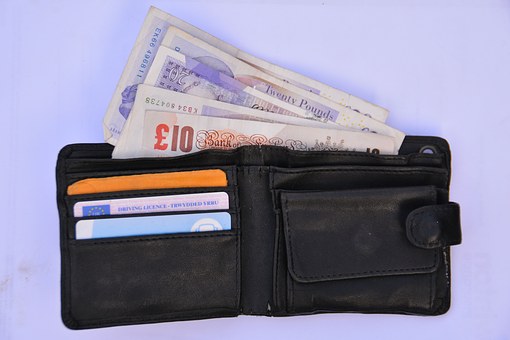And finally… Scottish households’ loose purse strings defy stingy stereotype
Scots’ thrifty reputation is in doubt after research from ISA provider, Scottish Friendly, revealed that households in Scotland spend more freely than many others across the UK.

On average, individuals and families in Scotland spend £784 a month on non-essentials – any spending after essentials such as mortgage/rent, travel costs, heating bills, loan servicing, health and clothing.
At 31 per cent of post-tax income, discretionary spending among Scottish individuals and families is superseded by only Northern Ireland and Yorkshire, according to analysis by Centre for Economics and Business Research (Cebr) on behalf of Scottish Friendly.
Households in Scotland dedicate £121 each month to savings and investments, which represents around 15 per cent of their monthly disposable income.
Only households in the South East (17 per cent) and East of England (17 per cent) set aside a larger share, while households in Northern Ireland (12 per cent) and in the North East (14 per cent) dedicate the least.
Kevin Brown, savings expert at Scottish Friendly, said: “The cost of everyday living means that it can be difficult for lots of individuals and families to set aside even a small amount each week or at the end of the month to their savings. Encouragingly, these findings do suggest that many households are managing to save something, with those in Scotland setting aside a decent amount each month.
“What is interesting is that the most money is being saved into a pension. Saving for retirement can seem like less of a priority when you’re faced with more immediate financial pressures but planning for the long-term is a smart decision. The start of the year is a good time to review your finances and dedicate some time to ensuring you’re saving as much as you can afford on a regular basis.
“Shop around to find the best paying, easy access or fixed rate savings accounts and, if you haven’t already, you could consider investing your money. One way of doing this is by setting up a stocks and shares ISA which could maximise your potential returns by giving your money access to the stock market over the longer term.”
With all stock market investments, your investment can go down as well as up, so you could get back less than you invested.




